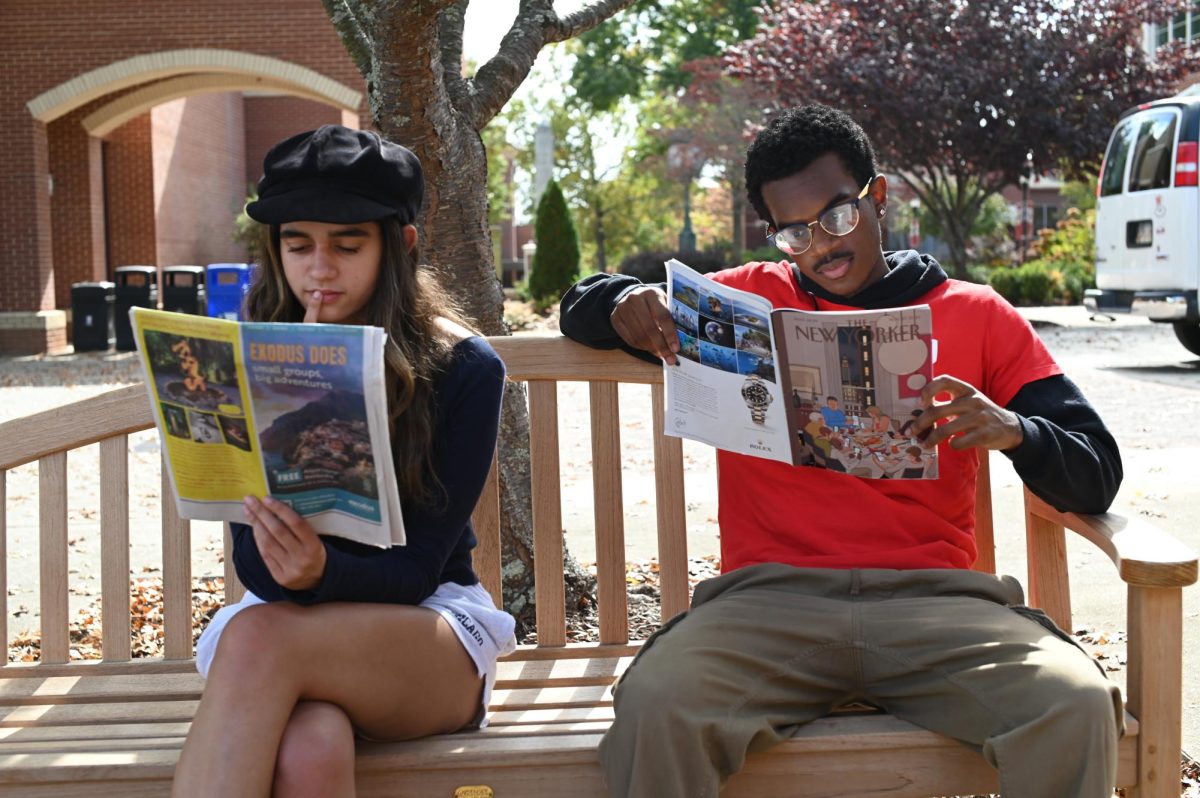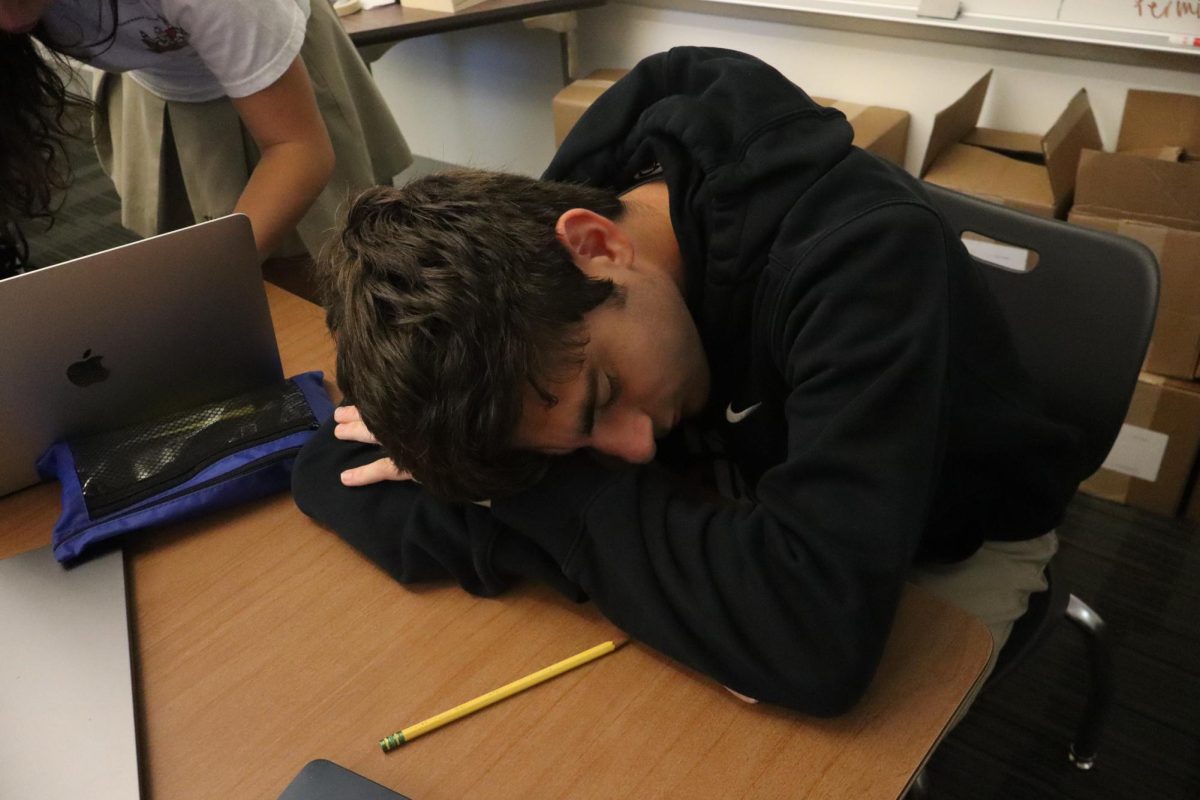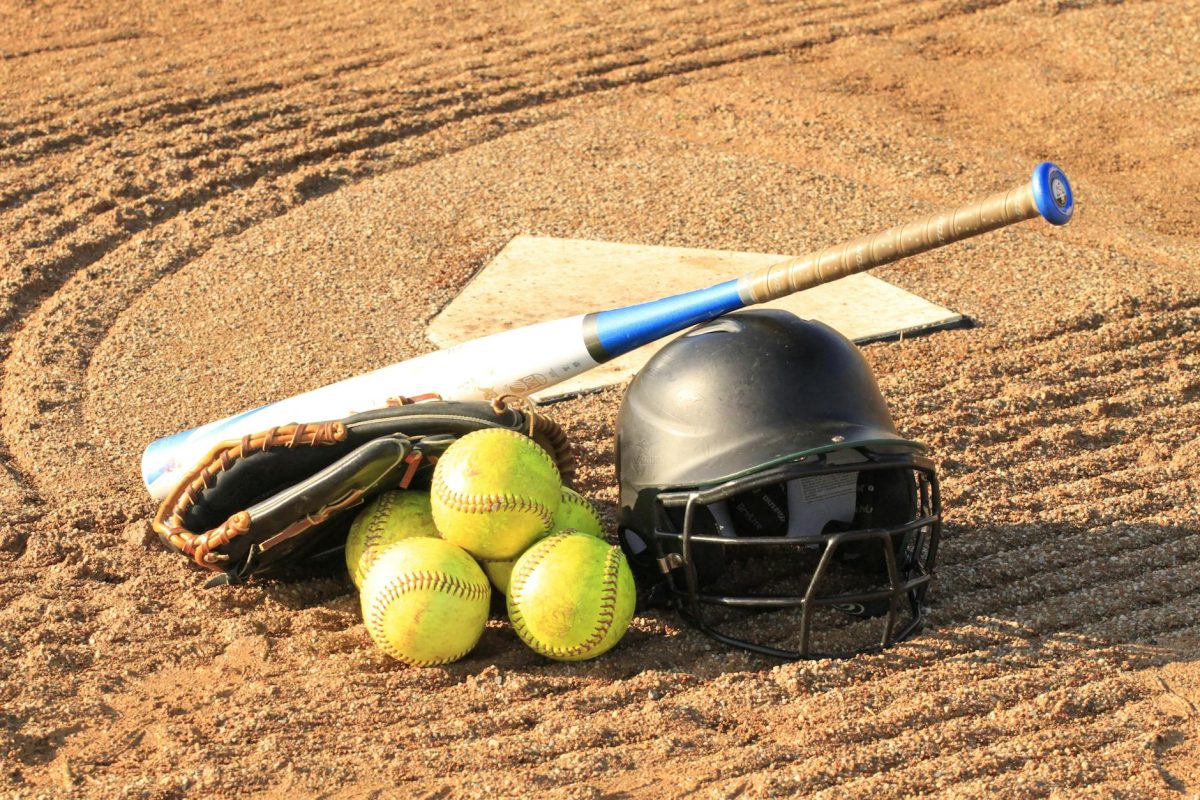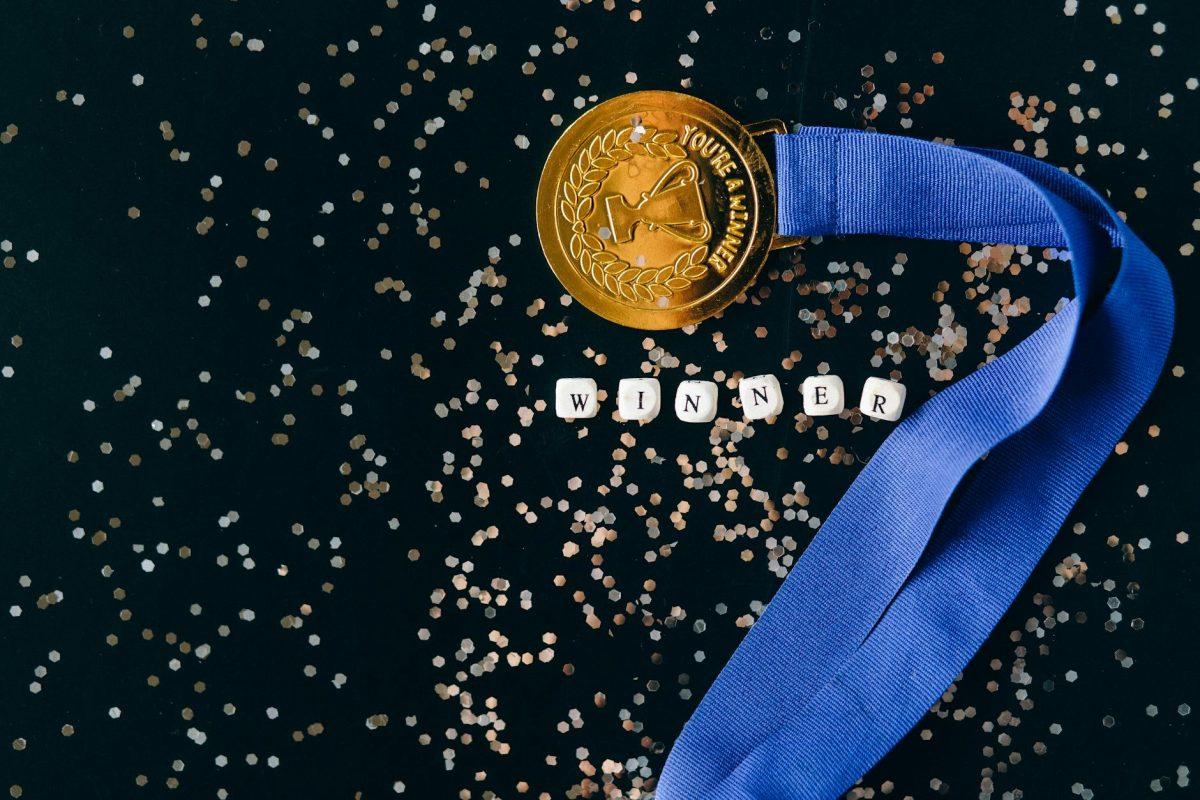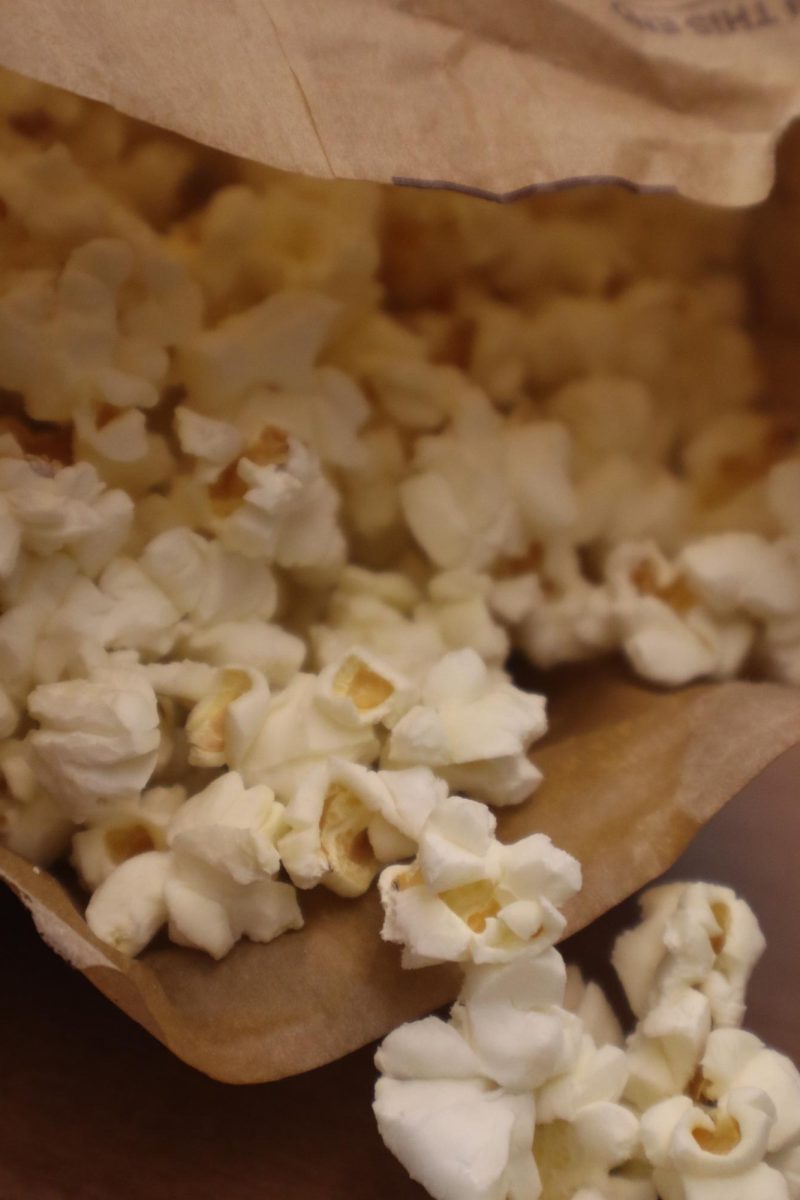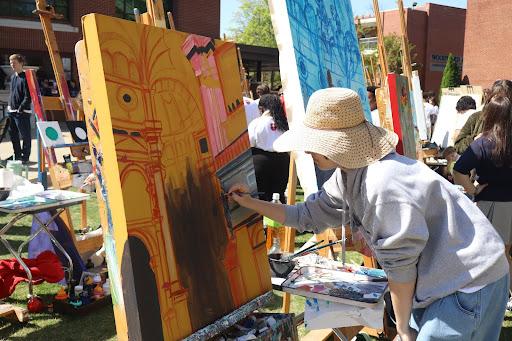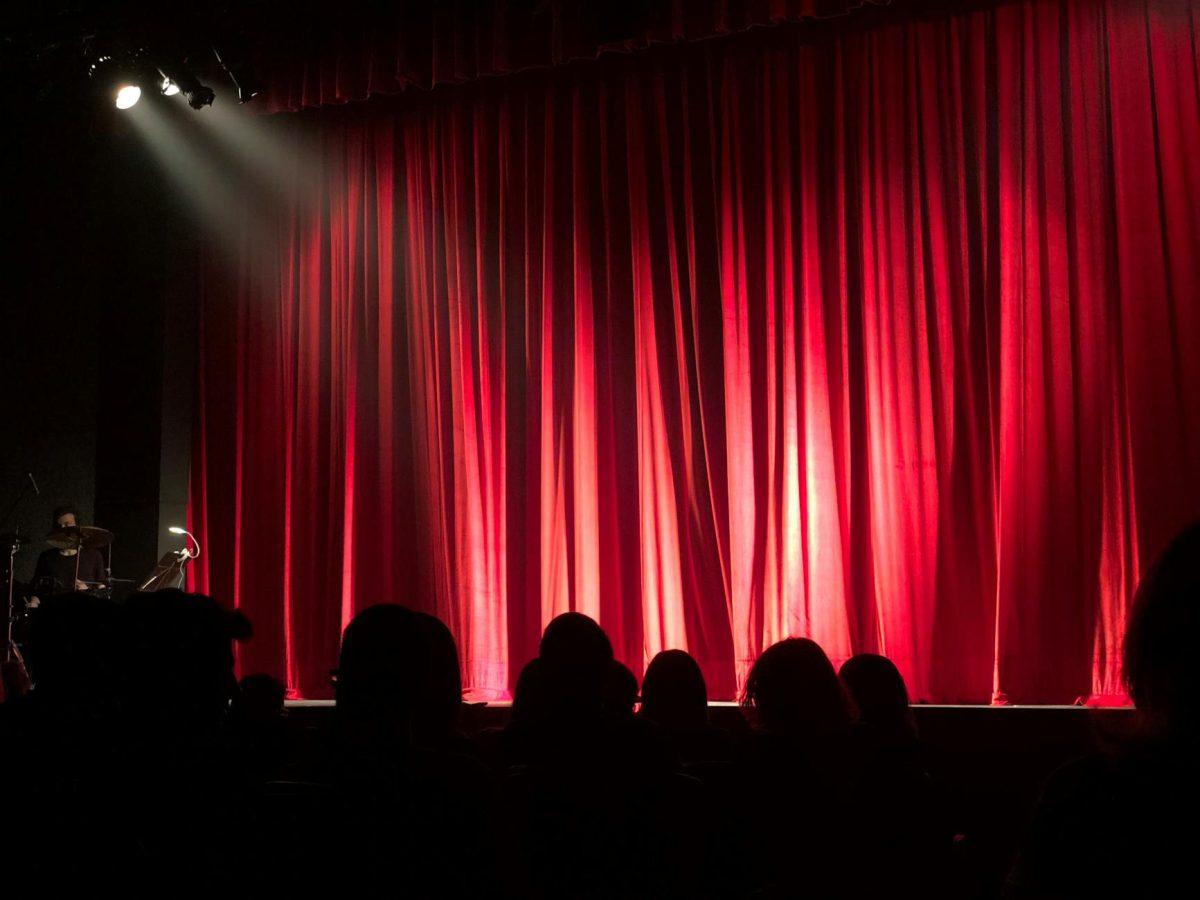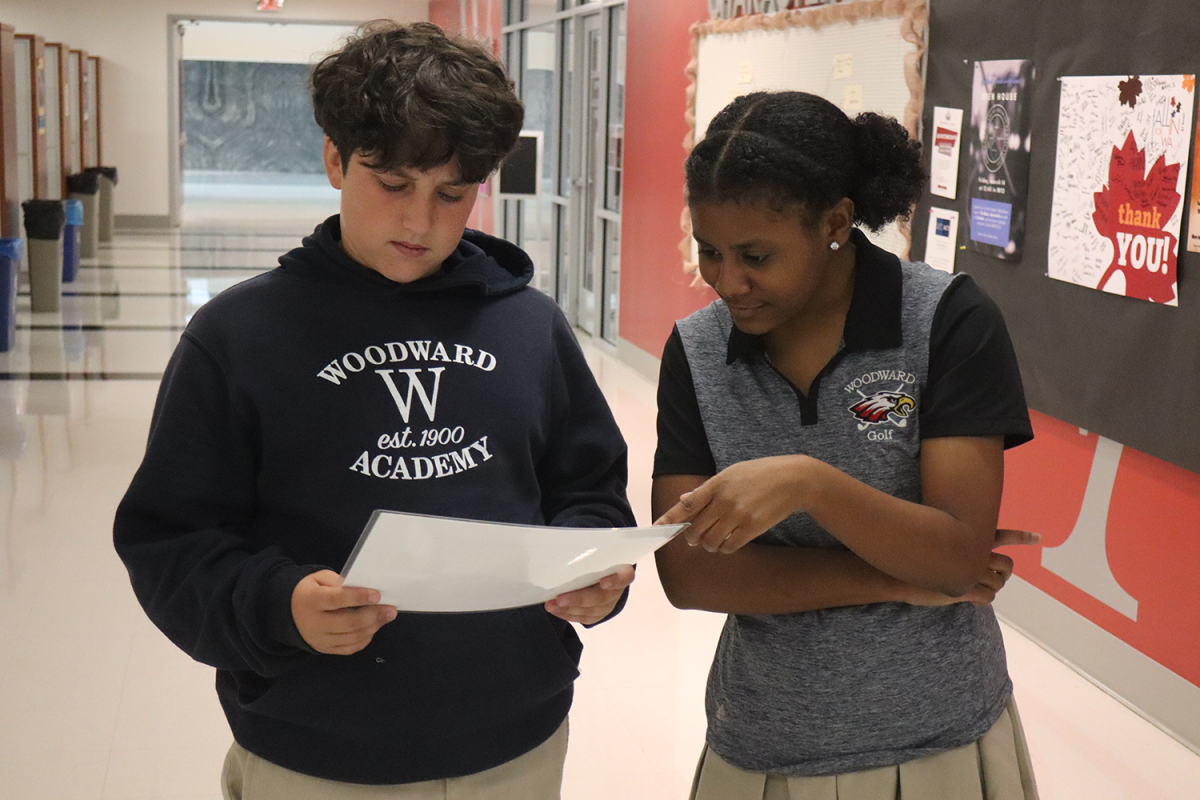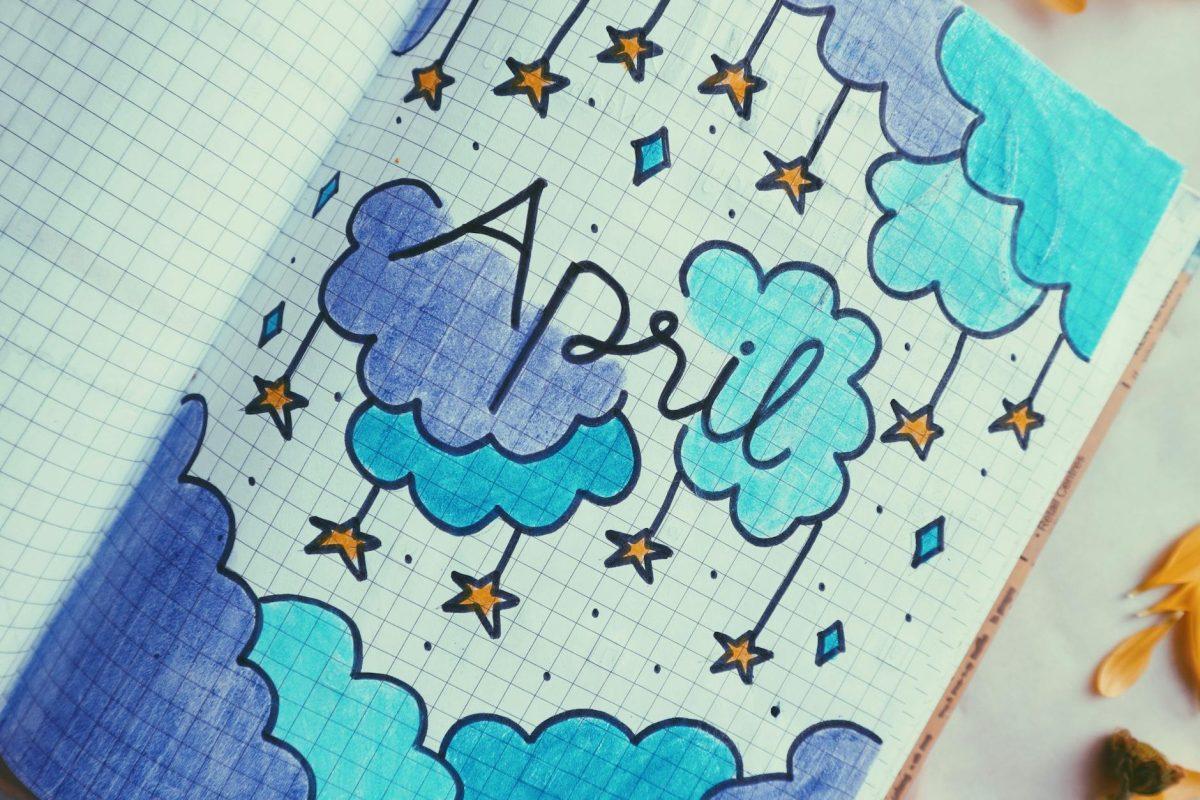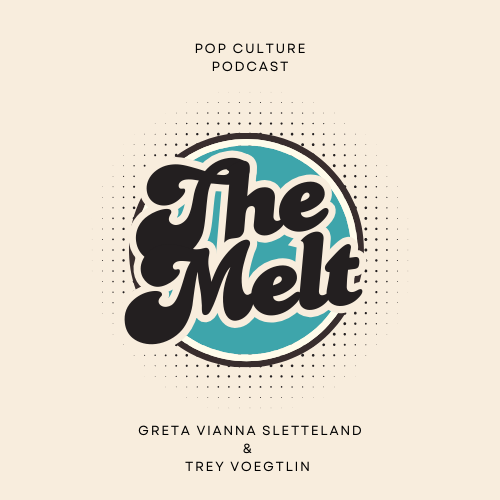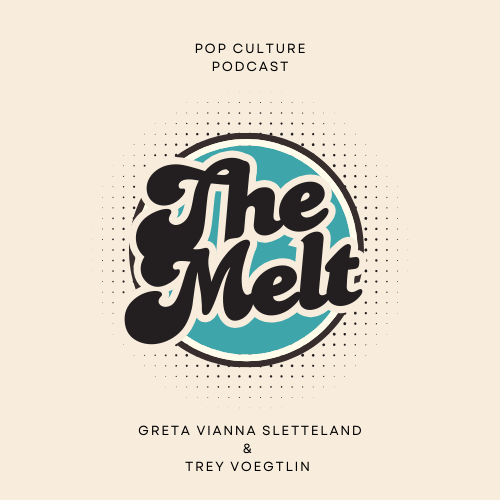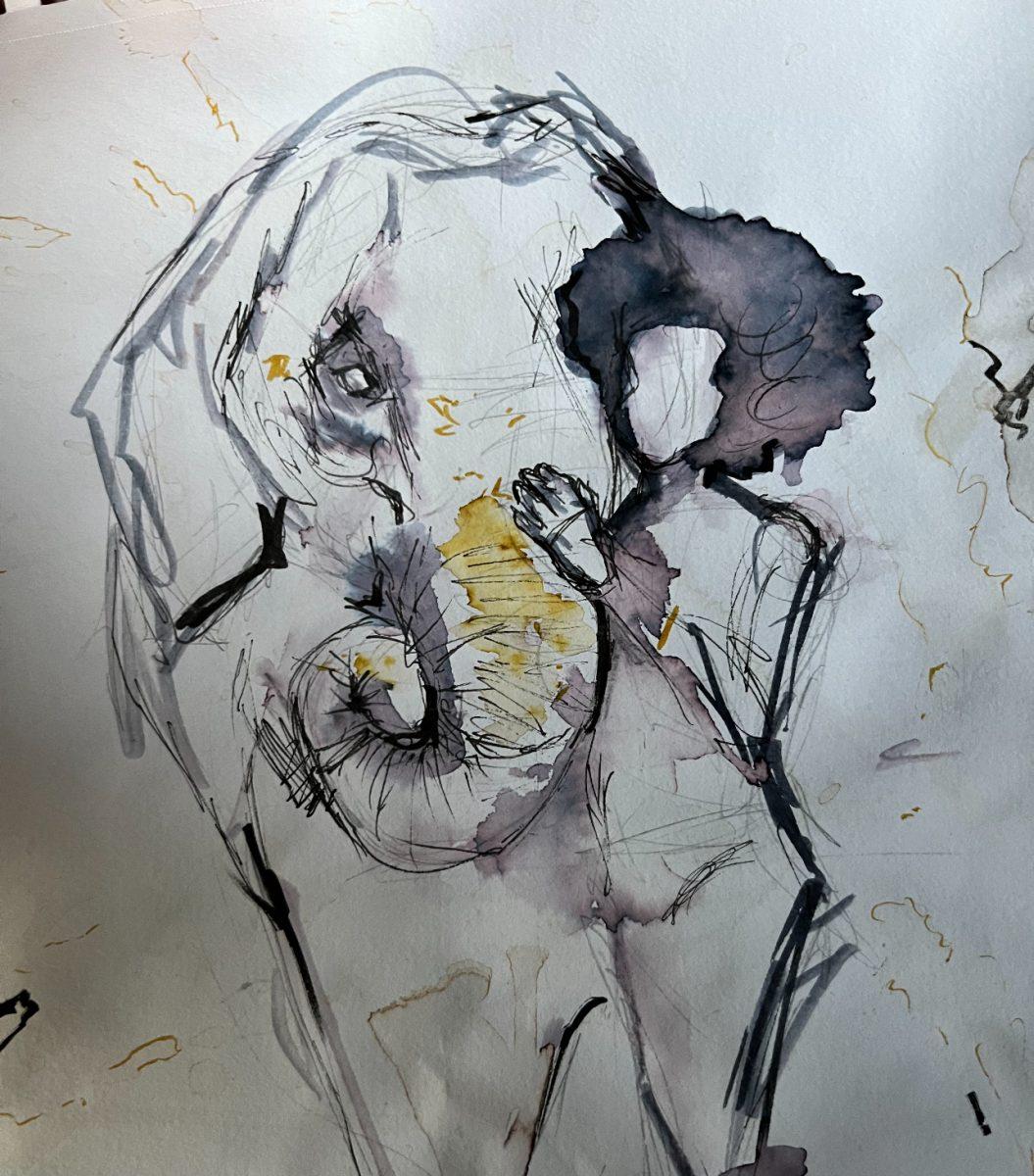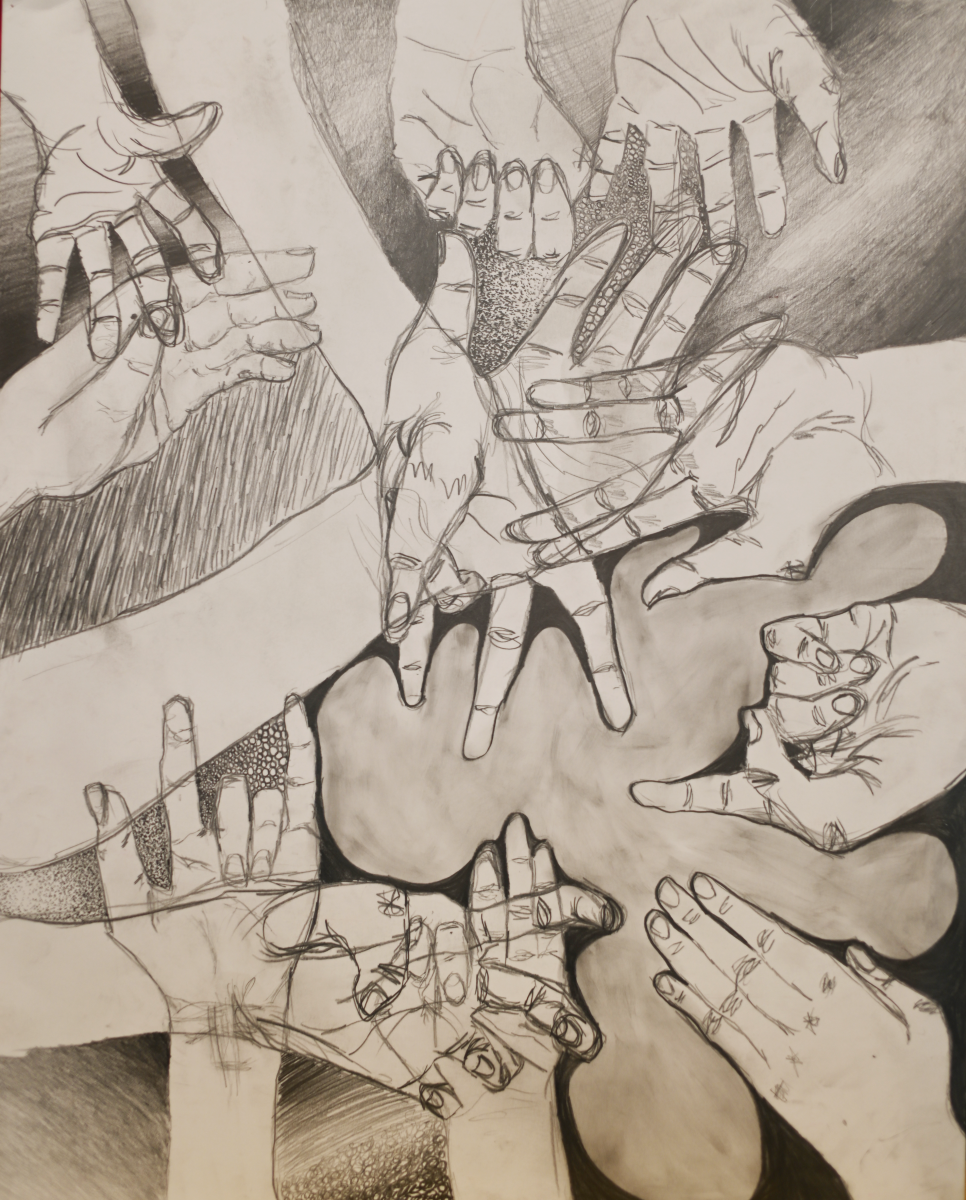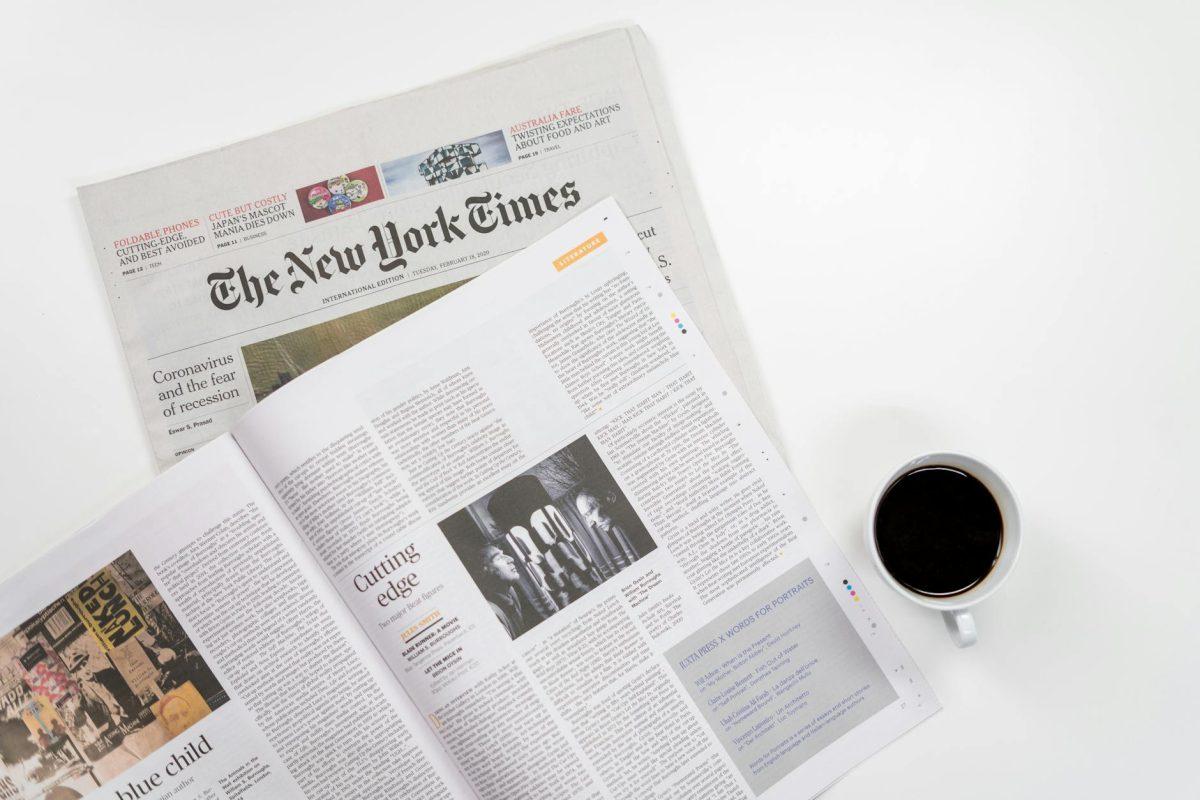By Auria Araghi
“The media” billows with so much meaning, the words on their own seem nebulous. “The news” — it comes and goes. Most of us don’t bother. The dregs slip through, and we take the world for their word; hence, “he said”s, “she said”s and heady gossip. Even with the state of it all, an onus falls on us, the listeners and readers.
In more practical, more familiar terms, take social media: a flashy headline might float through your feed. Our brains work fast — they’ll know what to think before we know what we’re thinking, but our fingers are already on the fly and — the story’s gone! You saw a certain, maybe-even-partial outlet and decided not to bother. Then, intrinsically, we’re attuned to biases — and, in an equally automatic way, we’re stubborn to check our own. Sophie Thomas ‘25 admits to her share of selective queuing.
“So it kind of depends on the topic, to be honest, because certain things I feel if something catches my eye, like that’s what I’m gonna spend more time on,” Sophie said. “And some things I know that social media isn’t the best place to get the news. So if it’s something that seems immediately biased, then I kind of just scroll on by it.”
We click on what we care about — we care about what affects us. When a cyberattack shut down networks last month, the news spread around the school through word-of-mouth. Digitally, that kind of proliferation makes its rounds even more quickly. Reports get shared online, and in the replies, a stage is set for…absolutely everyone!
We’re more prone than ever to learn the news from sources without any obligation for accountability. TikToks, shorts, reels — they can only say so much, and their fast-tracked “reporting” spreads on platforms equipped to entertain first. Profiles have a way of tuning their statements very matter-of-factly; speculation stings with a bit more assertion than it’s due. Posts try for bold claims before divulging any context, and hasty replies log a hierarchy of verdicts and interpretations. Click-mongering accounts might curtail facts for conclusions. In totality, these give way to charged emotions and summarily, a source problem.
“Sometimes, in terms of people that I actually know, some people will just like repost stories, especially about the war in the Middle East,” Sophie said. “And then also, certain celebrities, they’ll sometimes, again, repost this, but they’re not really presenting their own information. It’s more just reposting or spreading around other sources.”
As reposts spread, the question expands from “What’s the news?” to “Who’s spreading it?”
Should we take reposts as endorsements? Accounts can caption their thoughts before linking an article — if they do, our expectations are set before we read an informed word. Moreover, our biases against a poster might influence what we take from an article. A popular account can wordlessly share a link, but their history tells us what they side with, and it’s not illogical to predict that the article would tread similar lines. Oafi Khan ‘25 doesn’t come across much news on social media, and the posts he does pass by usually aren’t outspoken.
“Yeah, like a couple of people, they post a story and stuff,” Oafi said. “They don’t really talk about it. But just spreading awareness about current events and stuff, they, like, repost things.”
Still, when a big story breaks, sources of all kinds write their own pieces and inevitably disagree. Journalists will interview people with different stakes and positions, so our perspective on an issue depends on who we choose to listen to. “There’s always more to a story,” said someone somewhere. Half-listening to the news — skimming through sources and sticking to just a few — may only confuse us more. Probably relatably, Sophie sometimes picks up cable news when it floats around her home as white noise.
“My parents watch the news sometimes in the morning and in the evening,” Sophie said. “So sometimes it’ll just be on the TV, and I will pick up a story or something from them because they’re the ones who turn it on, but I don’t normally proactively search out. I get like a notification summary on my phone and I have like the news app as part of that. So sometimes I’ll pick up stories from that as well that seem interesting.”
For some students, the news seems difficult to broach. Apart from disinterest and general this-is-beyond-me-itis, they’d rather their conversations stray clear of controversy. See Thanksgiving dinner — we can’t predict reactions, even of those we know best. Accordingly, Gabi Nelson ‘25 takes her precautions.
“Yeah, like I would definitely say I’m the type of person I don’t like talking about it, especially, like, around other people that you never know what if your beliefs are the same or different from somebody. Yeah, I just stay away.”
And still others routinely stay updated. Every morning on the bus, Krish Tripathy ‘26 checks his phone for daily roundups from outlets; if a piece grabs him, he scouts further and reads articles in full.
“So I get my news from, like, some news channels that I subscribe to by email, particularly like Washington Post and The New York Times,” Krish said. “And I get my news… each morning in this email, like small snippets of news, which even though they’re… small bits of news, they still have a big impact on my understanding of events and things going on around the world.”
Sources usually hyperlink their own sources or reference research when they want to justify a claim. Krish checks for the burrowed sources’ credibility and cross-checks their conclusions with the article’s. A study may “suggest” a trend but not always prove one outright.
“What I do is I look, like, how they got your sources and information to check credibility,” Krish said. “And I also tried to see whether the news matches to check whether their changes are real factual. To be honest, I do that with almost every news — or something that’s important in our lives. We need to be aware of sources, whether they’re reliable or not because based on the news that you read, we have opinions.”
Many times the news aligns with Krish’s own interests; he always pays attention to the latest in tech — which, unsurprisingly, keeps him busy. Even then, he takes time to track whatever else goes on; picking through serious stories or otherwise, he feels the need to stay grounded with the world around him. The world revolves, rotates and we rush through our business inside all that — if our axes give in and split, we should be in the know.
“So as a duty of being good citizens, we should be aware of our surroundings and of news of the whole world to be global citizens,” Krish said. “Yeah, just so that we can be more aware and try to make a change, even if it’s a small change.”

